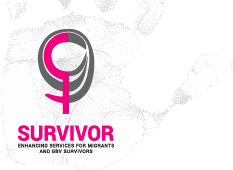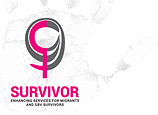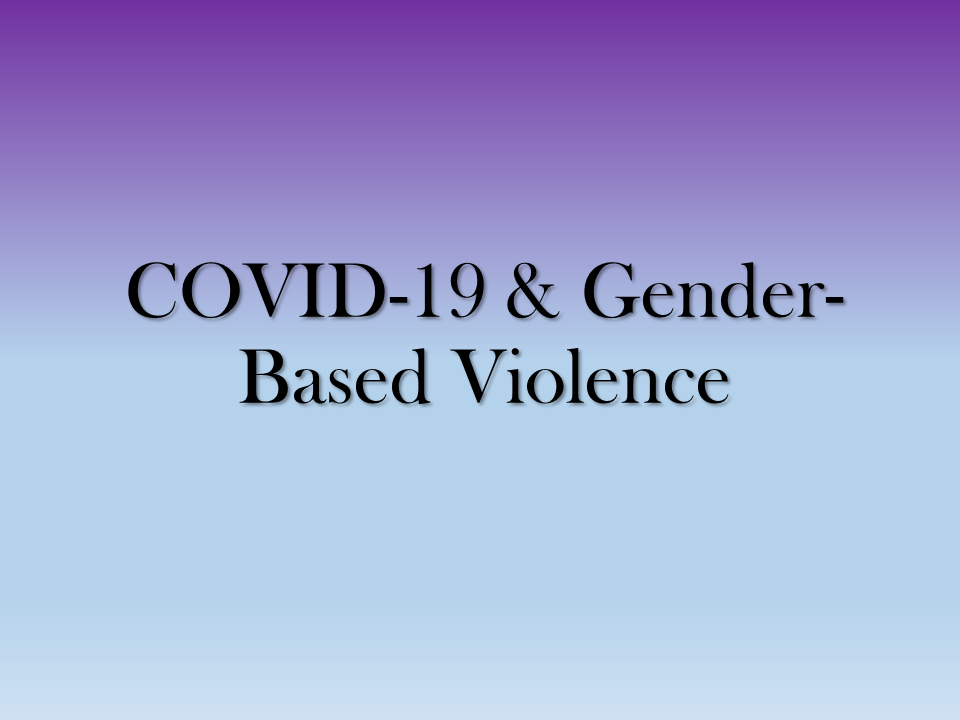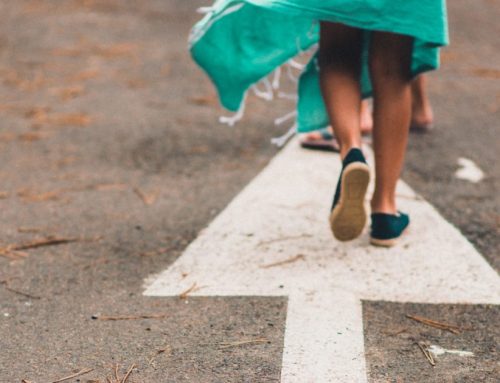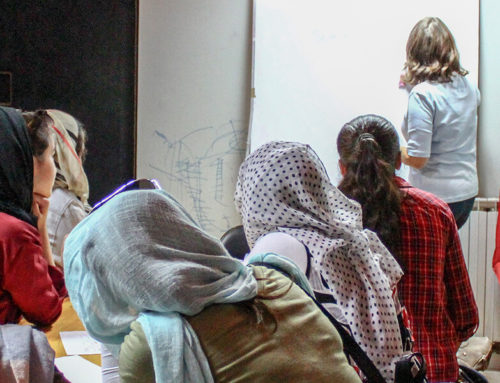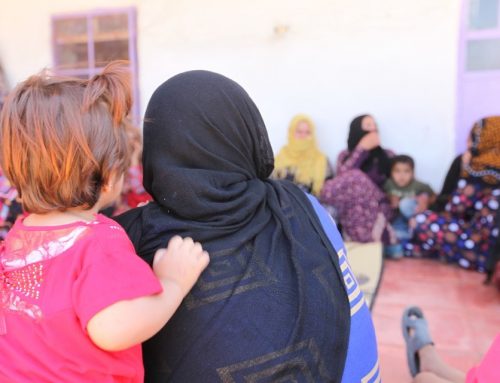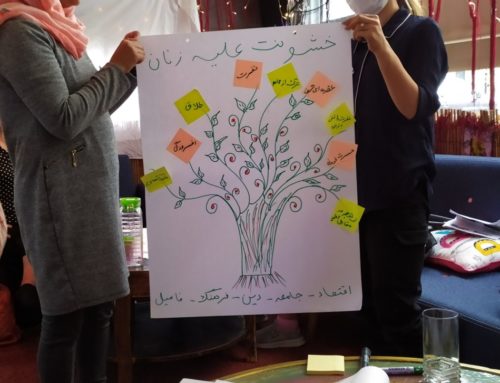“Ten months since COVID-19 was first identified, this report seeks to capture how the pandemic has affected the safety of women and girls in humanitarian emergencies and outlines how the humanitarian response to COVID-19 has largely failed to take their needs and safety into account. The voices of 852 women from refugee, displaced and post conflict settings, living in some of the most underfunded and forgotten humanitarian crises in 15 African countries across East Africa, West Africa and the Great Lakes region are represented in this report. Their experiences are complemented by interviews with 25 GBV response experts currently dealing with the challenges of resourcing and adapting programming to a radically changed world.
These extensive consultations corroborate reports that rates of violence against women and girls (VAWG), and intimate partner violence in particular, have increased. Across all three regions 73% of women interviewed reported an increase in intimate partner violence, 51% cited sexual violence and 32% observed a growth in the levels of early and forced marriage. The women for example reported how the stress of the lock down and its economic repercussions triggered increased violence by their husbands but also highlighted the new dangers affiliated with checkpoints set up by security personnel to regulate the movement of people. A specific area of concern flagged by women across all three regions, was the increased need for water collection, due to the new hygiene practices. 31% of women interviewed reported incidents of harassment and sexual violence on the way to water points; 21% reported harassment at water points.”
To read the full report click here.
